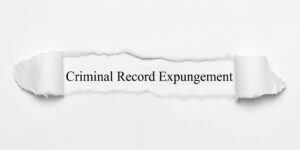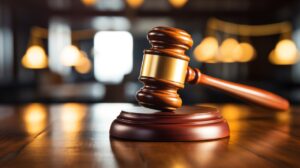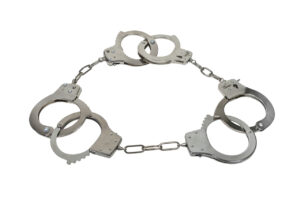What This Page Covers:
|
Facing a DUI charge in San Diego can be overwhelming, primarily because it hinges on the results and ultimate accuracy of a breathalyzer test. Understanding your rights and the intricacies of these tests is crucial to mounting a solid defense. Brealyzer tests and other measurement methods for blood-alcohol content levels are not perfect. Bernal Law can help you argue effectively and confidently during litigation, reducing stress levels on your behalf.
At Bernal Law, our San Diego breathalyzer test lawyers are dedicated to supporting our clients, including challenging the accuracy and legality of breathalyzer tests. Whether you believe the test was faulty or that your rights were violated, our deep knowledge of both sides of the courtroom can provide the strategic advantage you need. Please contact us if you need assistance managing your case and having your rights respected and protected.
What is a Breathalyzer Test?
In short, breathalyzer tests are one of the most common tools law enforcement officers use to determine whether they should charge someone for driving under the influence of alcohol. They provide results with an approximation of someone’s blood alcohol content (BAC) at a given moment.
Essentially, blowing into the device provides a breath sample, and sensors in the device then oxidize the alcohol in that sample. This process eventually produces an electrical current, which flows through a wire within the breathalyzer. Depending on the strength of the current, the breathalyzer displays a number estimate of the user’s BAC.
How Accurate Are Breathalyzer Tests?
While breathalyzers can estimate someone’s BAC, the results are not necessarily exact because there is no blood sample to analyze. Instead, breathalyzers create an approximation.
Depending on the breathalyzer law enforcement is using, the error levels could be significant. Several factors mean that the instrument could have a 20-50% margin of error based on age, gender, emotional state, medication, or rate of alcohol consumption for the individual being evaluated.
The margin of error a breathalyzer has does not mean that 20-50% of readings are wrong. The error also does not mean the test is 50-80% correct on its estimations. The margin of error indicates that the range of BAC could vary from the results produced.
If a breathalyzer reads .08—the typical legal limit for drivers 21 or older—the margin of error may mean that the user could have a BAC as low as .04 or as high as .12. This also means that drivers may be charged and tried for a DUI even if they are well within the legal limit.
What Are Alternatives to Breathalyzer Tests?
Law enforcement may use some alternative methods to test a driver’s BAC. One of these is the breath test, but they can also use blood or urine samples to better understand the situation. However, urine tests are often considered less accurate than breathalyzers.
Blood tests are considered the most accurate for testing BAC, but they may still be inaccurate. The results from a blood test are more precise and accurate when the test is administered quickly, within six to 12 hours of the individual’s last drink.
Timing is so essential when administering tests to measure BAC, as alcohol is generally eliminated from a person’s bloodstream at a rate of approximately .015% each hour. This means that blood tests may also be inaccurate in some cases.
What Are Your Legal Rights Regarding Breathalyzer Tests?
Understanding your rights during a DUI stop and following charges can make or break the results of a legal case. Therefore, our San Diego breathalyzer test lawyers are dedicated to helping you understand your rights during this challenging time as thoroughly as possible. Citizens have the right to the following protections during a DUI stop:
- Before you have been lawfully arrested for DUI, you can refuse a breath test
- You can reject a preliminary screening if you have not been arrested
- Right to remain silent, as long as you say it aloud
- Right to leave calmly, as long as you are not under arrest
- The right to request an attorney
While understanding your rights is essential, you must also follow the law in other ways. For example, if a law enforcement officer asks you to exit your car, you are required to comply.
If you feel your rights have been violated while interacting with police, our San Diego breathalyzer test lawyers can help. At Bernal Law, we want our clients to feel accurately informed every step of the way. Please contact us if you need assistance managing your legal case and moving forward confidently.
Reach Out to Bernal Law for Your DUI Defense Today
Navigating a DUI charge can be incredibly stressful, especially when it involves the complexities of breathalyzer test results. At Bernal Law, we are dedicated to providing robust defense strategies that challenge the accuracy and legality of these tests. With our extensive experience as former prosecutors, we know the tactics used by the prosecution and how to counter them effectively.
Our bilingual services ensure that both English and Spanish-speaking clients receive comprehensive legal support. Let us use our deep knowledge and strategic insights to help protect your rights. Contact us today at (619) 736-9092 or through our contact form.




